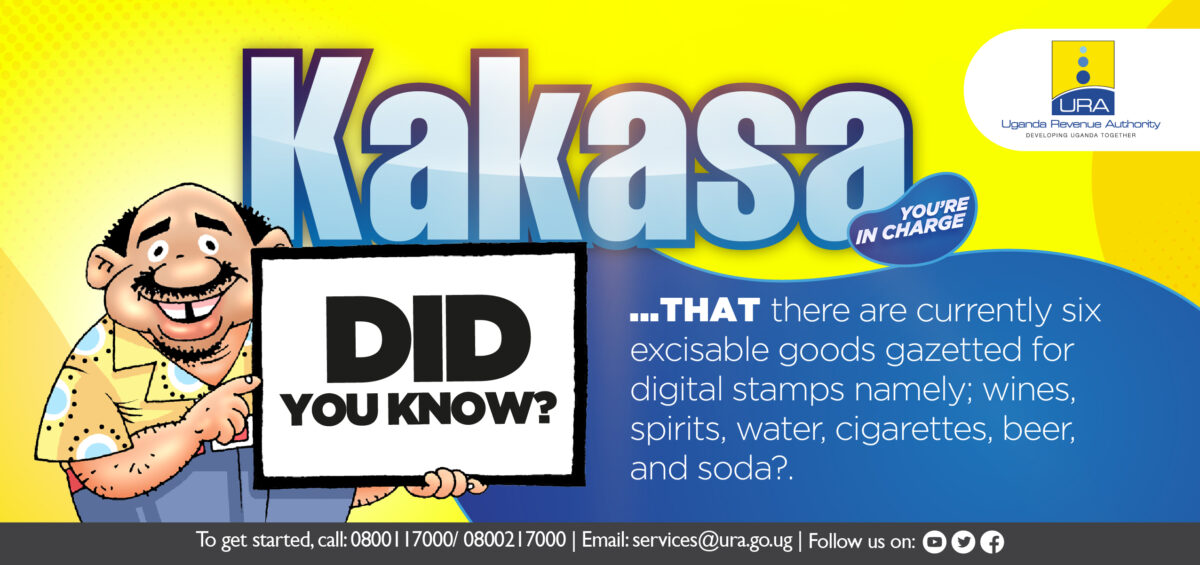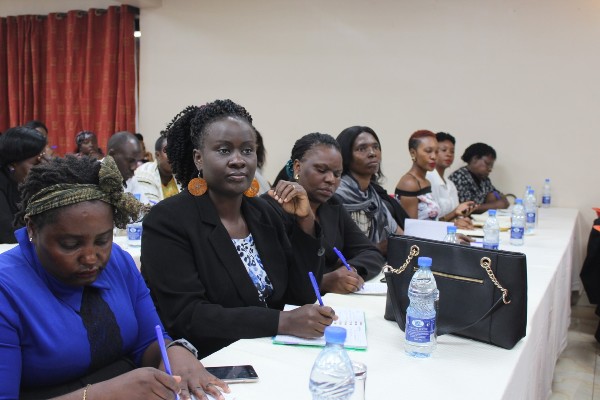The Inspectorate of Government has started working on a system that will give it access to personal data of different Ugandans, from registries at other government agencies.
This will help it easily verify information that leaders voluntarily submit to it under the Leadership Code Act, as automation of the agency’s operations continues.
Compliance with the Leadership Code on declaration of wealth has increased to more than 90%, with the Inspectorate of Government attributing this to the full implementation of the Online Declaration System (IG-ODS) since 2019.
However, the automated system is facing challenges with some leaders still reluctant to adapt to the digital processing, and preferring to declare their wealth manually.
The other challenge is the lack of stable and affordable internet reach especially in rural areas, while some leaders find it hard to access a computer or smartphone.
Nevertheless, the Inspectorate of Government (IG), says the system registered 25,000 leaders countrywide, and currently, 22,645 leaders have filed their declarations, which is a 90.6 compliance rate.
Currently, the register has about 30,000 leaders.
Previously, the inspectorate’s officials would move around the country distributing hard copy paper forms to the more than 20,000 leaders, taking a lot of time and money.
Compliance was then at 75%, according to the records. In some instances, some targeted people wouldn’t get the form on time, while others would either delay or fail all together, to fill and submit them.
“With the IG-ODS, a leader is not able to submit incomplete information and thus the system has solved the problem of incomplete declarations, which also eases verification,”, says Annet Twine, the Director Leadership Code.
The agency has now launched what they call ‘IG-ODS Phase II’, which will help access the data at other government agencies, which will make it easy to verify data submitted by a leader through comparison.
This, according to Twine, will also ease the function of asset recovery. “IG-ODS Phase intends to electronically synchronise the declared data with the databases in the other agencies like URA, the Land Registry and the Uganda Registration Services Bureau, among others,” says Twine. “This process will help to validate leaders’ data as well as track the assets of the leaders. This will eventually ease the process of investigations and asset recovery.”
Asked if the IG usually does verify the data that has been declared by the leaders, Deputy IGG George Bamugemereire, says that is usually the last stage, unless there is reason to launch investigations and take further action against the leader.
One of the verification objectives is to determine whether the leader acquired the asset or assets within his or her known sources of income. The Inspectorate says they have lost many court cases concerning the implementation of the Leadership Code Act, mainly due to the absence of the Leadership Code Tribunal.

The Tribunal was inaugurated but its operationalization awaits the amendment of the Leadership Code Act 2002, with the mandate of determining and judging cases of violation of the laws.
“The tribunal has functions to receive, examine and adjudicate any breach of the Code referred to it by the Inspectorate, make a decision on any matter referred to it by the inspectorate and submit it to the authorized person and the inspectorate, and make recommendation to the authorized person on disciplinary action to be taken against the leader,” says Ms Twine.
A total of 23 prosecutions were concluded leading to either imprisonments, fines, appeals or acquittals, between January and June 2020 while 55 were ongoing by the end of the period.
Another 28 cases were pending in court of appeal. Compared to the same period in 2019, there were 27 successful prosecutions.
Of the 669 complaints received about violations of the Code in the six months, Kampala accounted for 112 or 16.7%, followed by Wakiso with 28 and Mbale and Kabale with 18 complaints each.
At least a fifth of the complaints (142), were against District Local Governments, while the Uganda Police had 70 complaints lodged against it, followed by the Judiciary, and the ministries of Public Service and of Education and Sports.
According to the Bi-annual report, the month of April registered only 34 complaints, which is attributed to the fact that the country was under the strictest lockdown period, with most offices closed.
Women filed 79 complaints compared to 462 filed by men.
Another 113 were filed by anonymous persons, while groups filed 15 complaints.
The Inspectorate says another major challenge is the increasing complexity of corruption.
“To combat a sophisticated cartel that involves a wide network of people (syndicates) in and outside the country requires significant resources, both financial and human-resource,” reports the IG.
-URN





